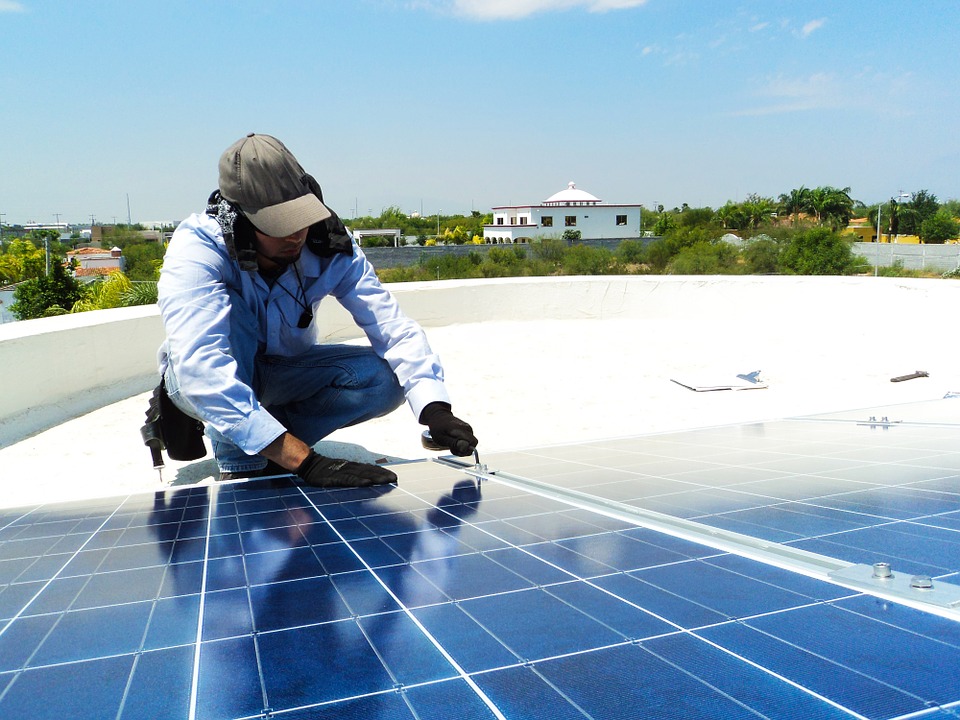Veto of Clean Energy Jobs Act Harms a Growing Industry
When he vetoed the Clean Energy Jobs Act, Gov. Larry Hogan took an action that could slow the growth of Maryland job creation and delay progress on worthwhile environmental goals.
The legislation, which easily passed the House and Senate, would modestly increase the state’s goal for clean energy to 25 percent by 2020. Doing so will create approximately 4,000 jobs in the solar power industry and over 4,600 new jobs in wind energy over that period.
Right now, about 4,300 Marylanders work in the solar industry – more than work in the state’s iconic crabbing industry. This is in part due to the longstanding commitment to reduce greenhouse gas emissions in a coastal state where many key industries are likely to be harmed by the effects of climate change. As the state with the worst air quality on the East Coast, shifting towards cleaner energy and lowering greenhouse gas emissions is crucial for Marylanders’ health and the economy.
In 2012, Maryland set a goal of reducing greenhouse gas emissions by 20 percent of the 2006 level by 2022. In April, Governor Hogan pushed the envelope more by signing the Greenhouse Gas Emissions Reduction Act, which reduces statewide greenhouse gas emissions to 40 percent below 2006 levels by 2030.
So it surprised a lot of people when the governor vetoed the Clean Energy Jobs Act, a key step for meeting the state’s longer-term goals. The governor said his reason for vetoing this bill is that he considers the modest fee to support cleaning the air to be a tax.
The public strongly supports such a fee. In a survey, nearly 75 percent of Maryland voters said they would favor legislation to more quickly lower greenhouse gas emissions even if it means a small bump in their electricity bills. This small increase in electricity bills will range from 8 cents to at most $3 per month through 2020, then drop to only $1 per month in the year proceeding. The costs of not taking action are far greater than this small fee, in the form of increased health expenses and increased risk of property damage due to climate change. These short-term investments are needed for Maryland to reach its longer-term goals by 2030.
The Clean Energy Jobs Act would also be good for the state’s economy, reviving much-needed jobs in manufacturing and construction, industries that have felt the crunch in Maryland since the recession. The new jobs and industry growth could generate more than $6.5 million in economic activity a year. The bill also promoted a more sustainable Maryland economy by coupling the higher energy goals with millions of dollars in investments in training and growth of minority- and women-owned businesses.
The good news is that the legislature likely will override the Governor’s veto when the next session starts early next year. It’s unfortunate that Marylanders will have to wait months longer for this investment due to the governor’s decision.

